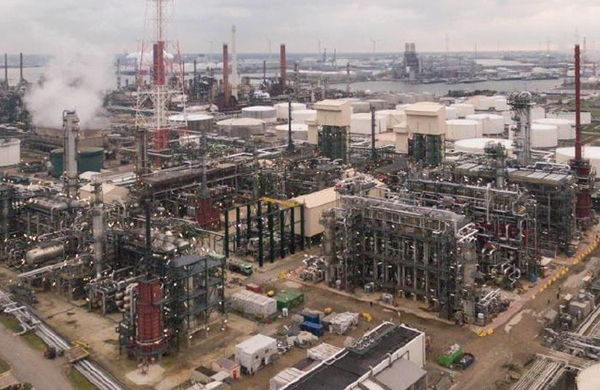
A new case study highlights the successful application of artificial intelligence (AI) in improving decision-making processes during operational events in an industrial environment. The report, published in Chemical Engineering magazine, details how AI tools were deployed to assess real-time data, predict system behavior, and recommend optimal responses, significantly enhancing situational awareness and operational responsiveness.
In the case analyzed, an industrial facility faced a complex operational disruption that required immediate diagnosis and response. Traditionally, operators rely on manual procedures, heuristics, and experience to determine a course of action—methods that can be time-consuming and prone to error under pressure. However, in this instance, the implementation of AI algorithms allowed for rapid synthesis of operational data, symptom recognition, and suggestions for remedial actions based on historical events and predictive modeling.
The AI system used in the study integrated data streams from pressure, temperature, flow rate sensors, and system logs. It then applied machine learning models trained on past incidents to identify root causes and recommend mitigation strategies. By reducing the cognitive load on operators and presenting actionable insights in near real-time, the technology helped to shorten downtime and prevent further risks, such as equipment damage or process safety incidents.
Key outcomes of the implementation included:
– A measurable reduction in response time during critical system deviations
– Enhanced accuracy in root cause identification
– Improved coordination between control room operators and maintenance teams
– Increased compliance with safety protocols and operational guidelines
The report emphasizes that while AI does not replace human judgment, it serves as a powerful decision-support tool. Operators retain final decision-making authority but are empowered by faster access to relevant data and guidance.
This case study underscores the growing role of digital technologies in industrial process management. As manufacturing and processing industries seek to modernize and stay competitive, the integration of AI into operational workflows offers a compelling avenue for building resilience, enhancing productivity, and ensuring safety.
Looking ahead, experts anticipate broader applications of AI in predictive maintenance, supply chain optimization, and environmental compliance, signaling a transformative impact on how industries manage their complex systems.
Source: https:// – Courtesy of the original publisher.








